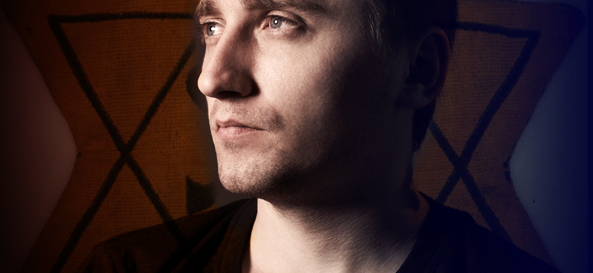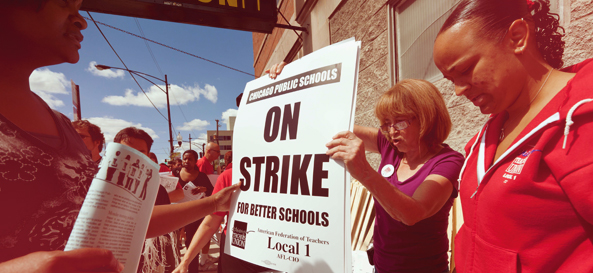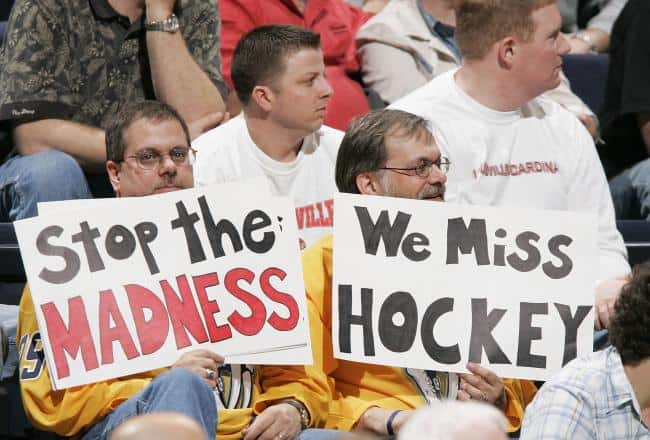
Gabriella Karin, an 82-year-old Holocaust survivor, sits opposite me at a trendy Italian restaurant across the street from the Los Angeles Museum of the Holocaust. “Human nature is basically good,” she says, digging into a Caesar salad.
I ask the question again. She doesn’t bristle. It’s a question that I’d wanted to ask a Holocaust survivor my whole life: What is the true nature of humankind? Are we inherently good or evil?
As a Christian, I’ve always believed humankind is primarily corrupt. We turned from God, sinned and now need a Savior to bridge our separation from Him.
In fact, in Matthew 7:11, Christ even says that we’re evil.
But I wanted to hear it from those who’ve probably thought about that question more than anyone else.
What do you mean? I thought to myself. You’re a Holocaust survivor. Most of your family perished in Nazi Europe. Of course man is evil.
Karin continues: “Circumstances sometimes make people do bad things.” She explains that Hitler was an agitator who helped ferment a latent anti-Semitism in Germany. “But God didn’t do it [the Holocaust]. People did it.” Karin’s melodious Slovakian accent gives no hint of a woman who has experienced one of humankind’s worst genocides.
It takes a moment for her words to sink in. They echo my Christian belief in free will: Our choice to do bad or good. She also tells me about Karol Blanar, the Christian man who saved her life and eight others—including her mother and father—by hiding them for nine months in a floor of his apartment, across the street from the Gestapo headquarters. “I owe him so much for giving me a chance to live,” she says.
As the sun dapples our faces on the patio of La Piazza Ristorante Italiano, I think that maybe man is not as bad as I thought. After all, Karin says that many people during the Holocaust chose to risk their lives to save Jews. How do these good deeds factor in?
The next day, I sit with Peter Daniels, who has lived through 76 years and a genocide, in a little café at the top of the Museum of Tolerance in Los Angeles. Daniels tells me to imagine: What if there were a decree in America that for 24 hours, you could do anything you wanted—murder, robbery, rape—and not have any consequences? “What do you think the increase of crime would be for that twenty-four hours?” he asks.
Here’s someone who has pondered human nature, I thought. “What would you do during those 24 hours?” I ask.
“I would lock myself in my room and not let anyone in for those 24 hours,” he says.
Daniels knows evil. At four years old, he was kicked out of school for being a Jew. He remembers the yellow star pinned on his shirt and jacket.
From 1943 to 1945, Daniels and his single mother were at Terezin, a Czechoslovakian concentration camp. Of the 15,000 children who passed through Terezin, only 100 survived—and Daniels was one.
I ask Daniels why humans have an inclination for evil.
“Misguided idealism,” he says. Daniels explains that the Nazis believed they were doing the higher good, by getting rid of the “subhumans”—including Jews, Gypsies and homosexuals—that didn’t measure up to their Aryan ideals. Daniels says the Nazis were masters of propaganda.
As I stroll through the halls of the Museum of Tolerance and pass exhibit after exhibit documenting human cruelty, I think about “misguided idealism.” I think of all the injustices that have been committed in the name of my faith, like the Crusades, the Thirty Years War and the Salem Witch Trials. These wars and acts of violence might have seemed like a good idea for many “believers” at the time, though they were deeply and destructively misguided.
With my righteous belief that man is evil, I begin to wonder if I’m misguided—like the accusers in Salem—projecting onto others what I fear is in me.
It’s night. I’m tired. I have more interviews tomorrow, but I check out the Los Angeles Museum of the Holocaust website. A sidebar question on their site catches my attention. It asks: “If you were told to join the German army or risk imprisonment and endanger your family, would you: A.) Refuse to join and risk imprisonment in a concentration camp. B.) Flee or go into hiding. C.) Join the army. D.) Don’t know.”
I don’t like the question. I turn off my laptop and go to sleep.
“I wouldn’t be here if it weren’t for good people,” Betty Hyatt, 77, tells me in the library of the Los Angeles Museum of the Holocaust.
Born in Belgium, Hyatt escaped from the Nazis in the early 1940s with her mother, grandmother and brother and fled into the forests of southern France. For years they survived in the woods, often battling rats for chestnuts.
During Nazi raids of the area, Hyatt says she hid behind trees, close enough to hear the crunch of Gestapo footsteps in the snow, and fearing that the white of her misting breath might betray her.
Of human nature, Betty says some people are good and some people are bad—and you never know who will do the good. Betty says when she visited the region of France where she hid during the Holocaust that the people who risked their lives to help save her family were simple farmers, still working the land, who just chose to do good.
Choice? There was that concept again, I say to myself. Maybe humans weren’t bad or good, I think. Maybe humans had a choice? But what did humans choose?
But then Betty shocks me. She says something that I never thought a Holocaust survivor would ever say.
“I often sit and wonder, if I were on the other side, if I were a French Christian, would I risk my life and endanger my family and come to my own rescue?” she asks. “I don’t know. It’s a terrible thing to live with.”
I’m surprised, but impressed with her honesty. I’m reminded of Romans 3:23, “For all have sinned and come short of the glory of God.” I wonder what I would do if I had to face such moral dilemmas. How would I choose? I hope I would not fall “short of the glory of God.”
That night, I visit the Los Angeles Museum of the Holocaust website again. I stare at the question: If you were told to join the German army or risk imprisonment and endanger your family, would you …
I click my answer, and check the results.
The majority responded that they would flee, that they were unsure what they would do, or that they would go into hiding or join the German army. Only a courageous minority said they would “Refuse to join and risk imprisonment in a concentration camp.”
I wasn’t one of them.






















